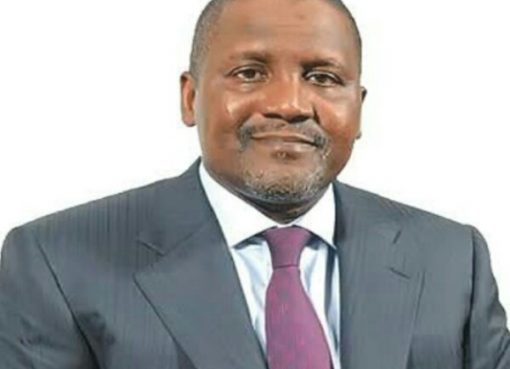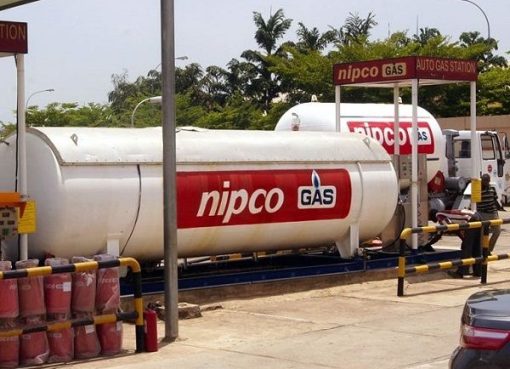The World Bank has unveiled plans to commit additional $750m to deepen access to electricity through the Nigeria Electrification Project (NEP).
World Bank’s Director of Strategy and Operations for Western Central African Region, Ms Elizabeth Huybens, disclosed this while inspecting the 60 KiloWatts Mini Grid project in Kilankwa Community, Kwali Area Council of Abuja.
She said: “This is our first national electrification project worth about $350m, it is coming to a close; and we are preparing a successor project that will be $750m. We are definitely extending our support to something that we think is critical and Nigeria is leading the world in small grid development.”
Huybens said that the Kilankwa project would assist the country in providing access to electricity to more people faster than it could have done by just extending the national grid.
She said that the project was considered because the bank believed that access to electricity by all was one of the most important goals to pursue by any country.
“We cannot move toward electric vehicles if we don’t have electricity. In fact, you cannot even charge your cell phone without electricity.
“So, it is hard for me to think about modern life without electricity and it is hard for me to think about reducing poverty without access to electricity. And since the World Bank’s overarching goal is to help countries eradicate poverty, we need to help them provide access to electricity for its population,” Huybens said.
The Managing Director, REA, Ahmad Salihijo, said that the project was currently serving about 300 households and businesses. He said that the World Bank, under the Performance-Based Grant of NEP, developed the project.
Source: Guardian










